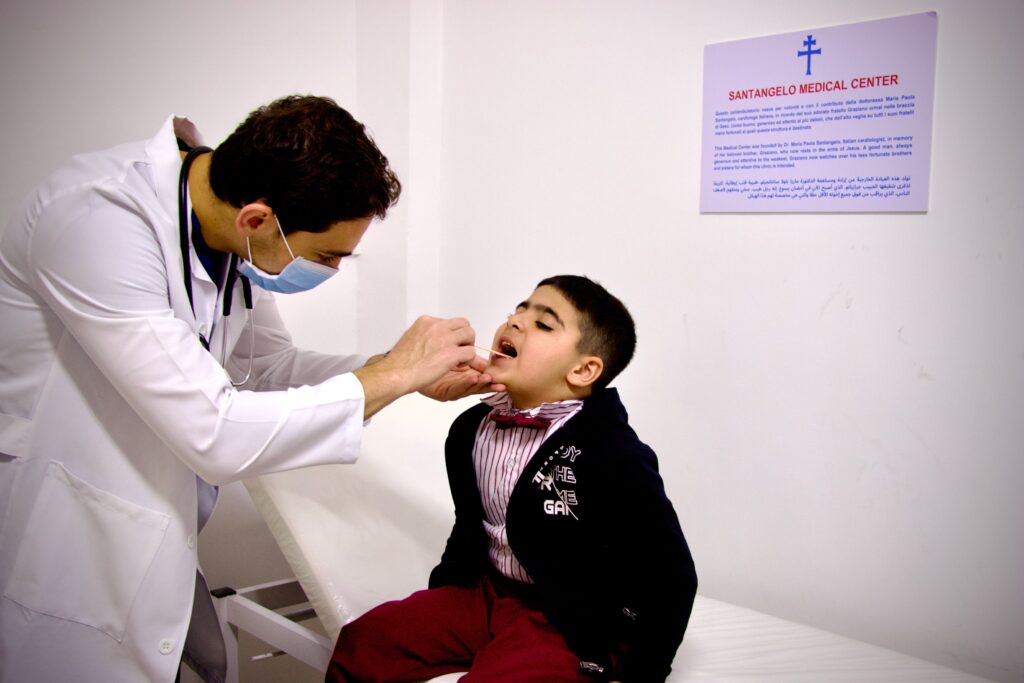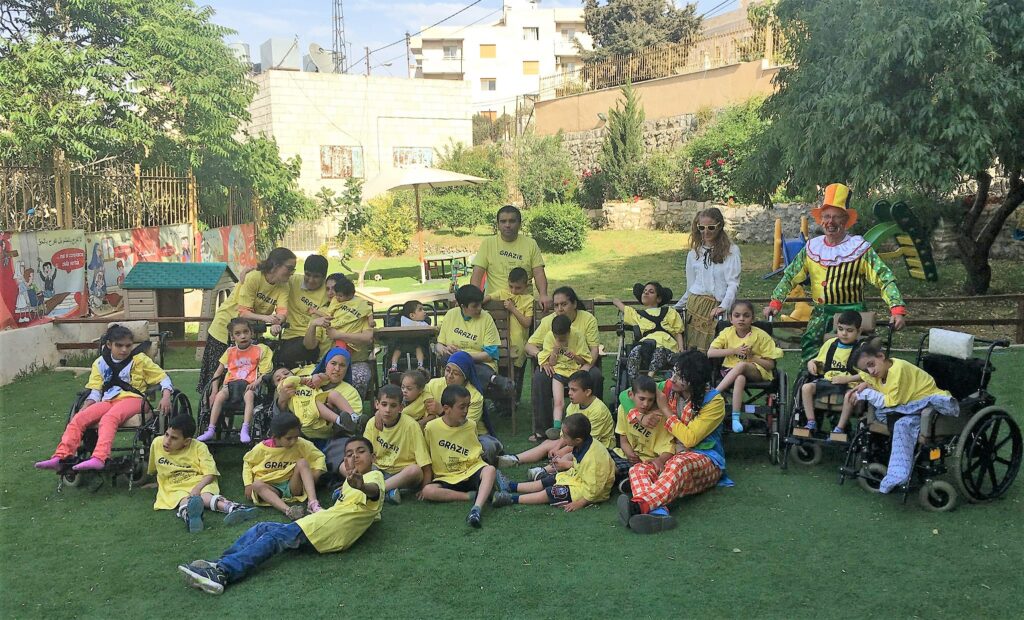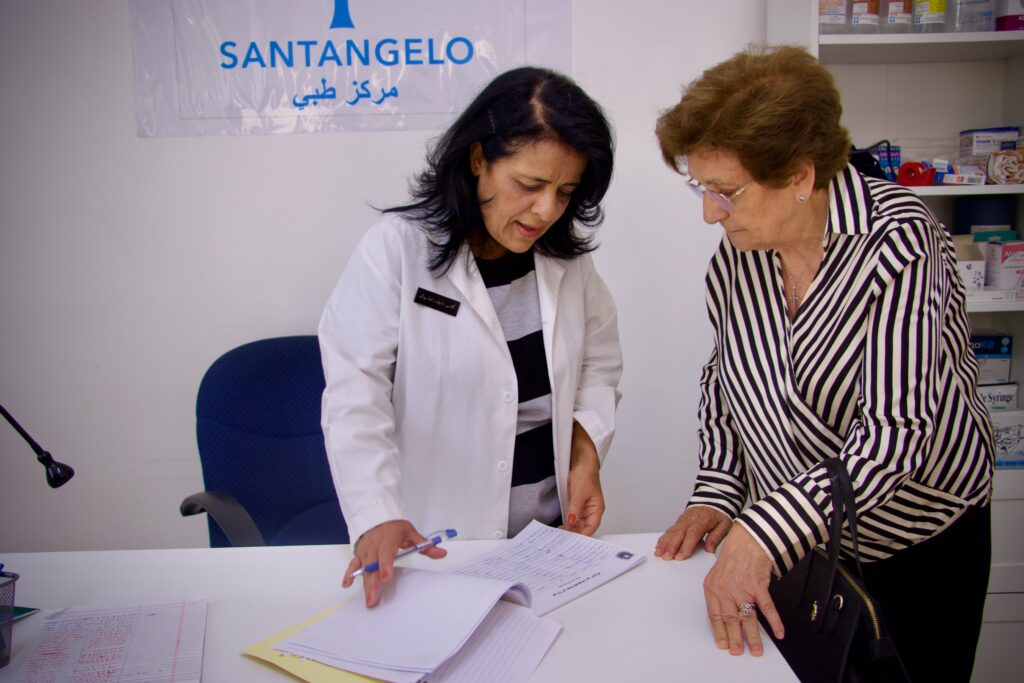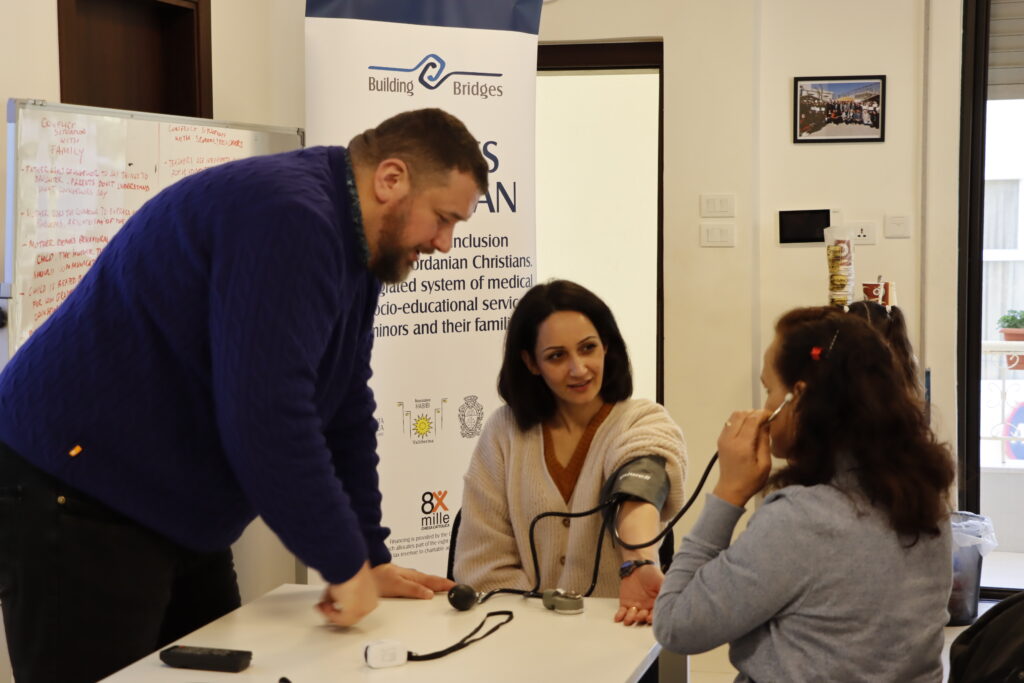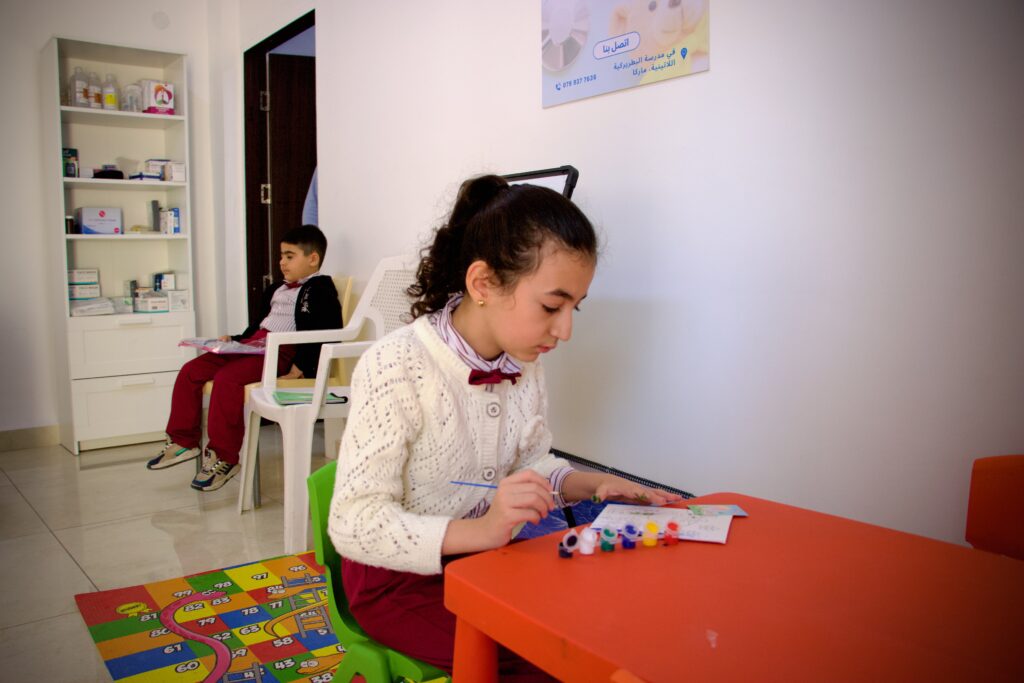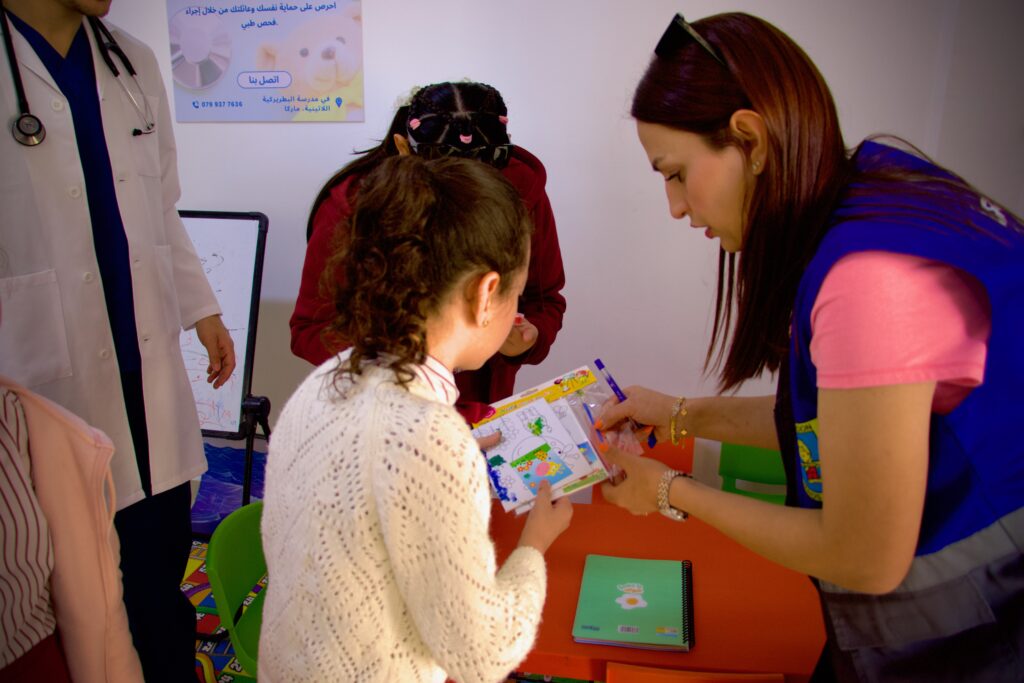Habibi’s interventions in this area focus on fostering health education and the provision of services that promote the well-being of the individual and the community itself. Habibi works by supporting the most vulnerable groups, such as the disabled, women and children. Social and health integration is inspired by the principle of respect for people, their rights and condition, always putting the person in his or her entirety and bio-psycho-social complexity in the foreground.
Jordan
In recent years, Jordan has become a haven for many refugees from the various conflicts in the Middle East. Today, it is the second-largest country in the world in terms of the number of refugees and asylum seekers per capita. This has placed immense pressure on essential services for both refugees and the Jordanian community. The situation has been further exacerbated by the Covid-19 pandemic, making access to basic services such as healthcare and education even more challenging. Many refugees, particularly those who are unregistered, face additional barriers in accessing these vital services.
Recognizing the urgent need for accessible healthcare, Habibi Association has taken a major step forward with the establishment of Santangelo Clinic, a cornerstone initiative that marks a turning point in the organization’s efforts to support vulnerable populations. The clinic serves as a lifeline, providing essential medical services to refugees, women, and children who would otherwise struggle to access healthcare. Santangelo Clinic stands as one of the most significant achievements in Habibi’s history, embodying its commitment to long-term, sustainable support for those in need.
In addition to Santangelo Clinic, Habibi has implemented other key healthcare initiatives, including:
- Psychological and clinical screening for Jordanian and Iraqi children with doctors and psychologists from Gemelli Medical Center, working closely with teachers and counselors from Latin Patriarchate of Jerusalem schools in Amman.
- Screening children with special needs and referring them, in collaboration with schools, to available services in the area.
- Health education programs for Iraqi women, focusing on women’s health and child-rearing, in collaboration with the Catholic University of the Sacred Heart in Milan.
With the launch of Santangelo Clinic, Habibi has strengthened its role as a key actor in providing critical health services, ensuring that no one is left behind. This milestone represents not only an expansion of the organization’s impact but also a testament to its unwavering dedication to the dignity and well-being of the most vulnerable communities in Jordan.
Palestinian Autonomous Territories
In the Palestinian Autonomous Territories, people with disabilities represent one of the most vulnerable social groups forced to face extreme difficulties in daily life and excluded from the enjoyment of their rights and subject to severe discrimination. TAmong the major problems and needs that the Palestinian disabled population faces are the weakness of the institutional and legislative system that should guarantee their rights, as well as the lack of capacity and awareness regarding the inclusion of people with disabilities.
In Palestine, Habibi has been supporting children with mental and physical disabilities at the Hogar Niño Dios home in Bethlehem since 2013 with activities aimed at improving the shelter and the quality and sustainability of health services for the children who attend it.
